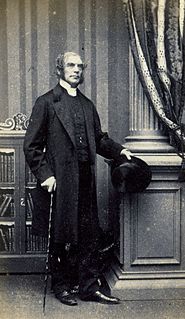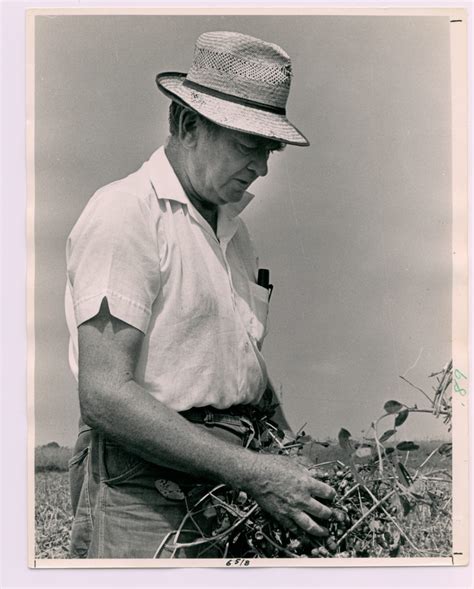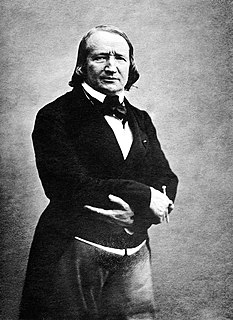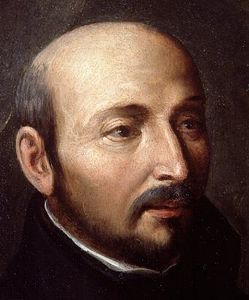A Quote by Octavius Winslow
So completely was Jesus bent upon saving sinners by the sacrifice of Himself, He created the tree upon which He was to die, and nurtured from infancy the men who were to nail Him to the accursed wood.
Related Quotes
Having spent time around "sinners" and also around purported saints, I have a hunch why Jesus spent so much time with the former group: I think he preferred their company. Because the sinners were honest about themselves and had no pretense, Jesus could deal with them. In contrast, the saints put on airs, judged him, and sought to catch him in a moral trap. In the end it was the saints, not the sinners, who arrested Jesus.
Look, one day I had gone to a little village. An old grandfather of ninety was busy planting an almond tree. ‘What, grandfather!’ I exclaimed. ‘Planting an almond tree?’ And he, bent as he was, turned around and said: ‘My son, I carry on as if I should never die.’ I replied: ‘And I carry on as if I was going to die any minute.’ Which of us was right, boss?
The resurrection of Jesus was simply God's unwillingness to take our 'no' for an answer. He raised Jesus, not as an invitation to us to come to heaven when we die, but as a declaration that he himself has now established permanent, eternal residence here on earth. He is standing beside us, strengthening us in this life. The good news of the resurrection of Jesus is not that we shall die and go home to be with him, but that he has risen and comes home with us, bringing all his hungry, naked, thirsty, sick prisoner brothers with him.
The essence of that by which Jesus overcame the world was not suffering, but obedience. Yes, men may puzzle themselves and their hearers over the question where the power of the life of Jesus and the death of Jesus lay; but the soul of the Christian always knows that it lay in the obedience of Christ. He was determined at every sacrifice to do His Father's will. Let us remember that; and the power of Christ's sacrifice may enter into us, and some little share of the redemption of the world may come through us, as the great work came through Him.
It is completely incomprehensible to us how God can reveal himself and to some extent make himself known in created beings: eternity in time, immensity in space, infinity in finite, immutability in change, being in becoming, the all, as it were, in that which is nothing. This mystery cannot be comprehended; it can only be gratefully acknowledged.
The entire Jesus concept, that human sacrifice should be the substratum of a moral religion of love, strikes me as incongruous. God condemned us and Jesus saved us, and they are actually the same being? Christianity is the idea that you are so abhorrent that God had to kill himself. He had to embody the human form and send himself on a bizarre suicide mission just to revoke the disgustingness of the humans he created. I balk at suggestions that these ideas dictate to the concepts of morality and love.
If man had his way, the plan of redemption would be an endless and bloody conflict. In reality, salvation was bought not by Jesus fist, but by His nail-pierced hands; not by muscle but by love; not by vengeance but by forgiveness; not by force but by sacrifice. Jesus Christ our Lord surrendered in order that He might win; He destroyed His enemies by dying for them and conquered death by allowing death to conquer Him.
If God gives you an abundant harvest of trials, it is a sign of great holiness which He desires you to attain. Do you want to become a great saint? Ask God to send you many sufferings. The flame of Divine Love never rises higher than when fed with the wood of the Cross, which the infinite charity of the Savior used to finish His sacrifice. All the pleasures of the world are nothing compared with the sweetness found in the gall and vinegar offered to Jesus Christ. That is, hard and painful things endured for Jesus Christ and with Jesus Christ.
































